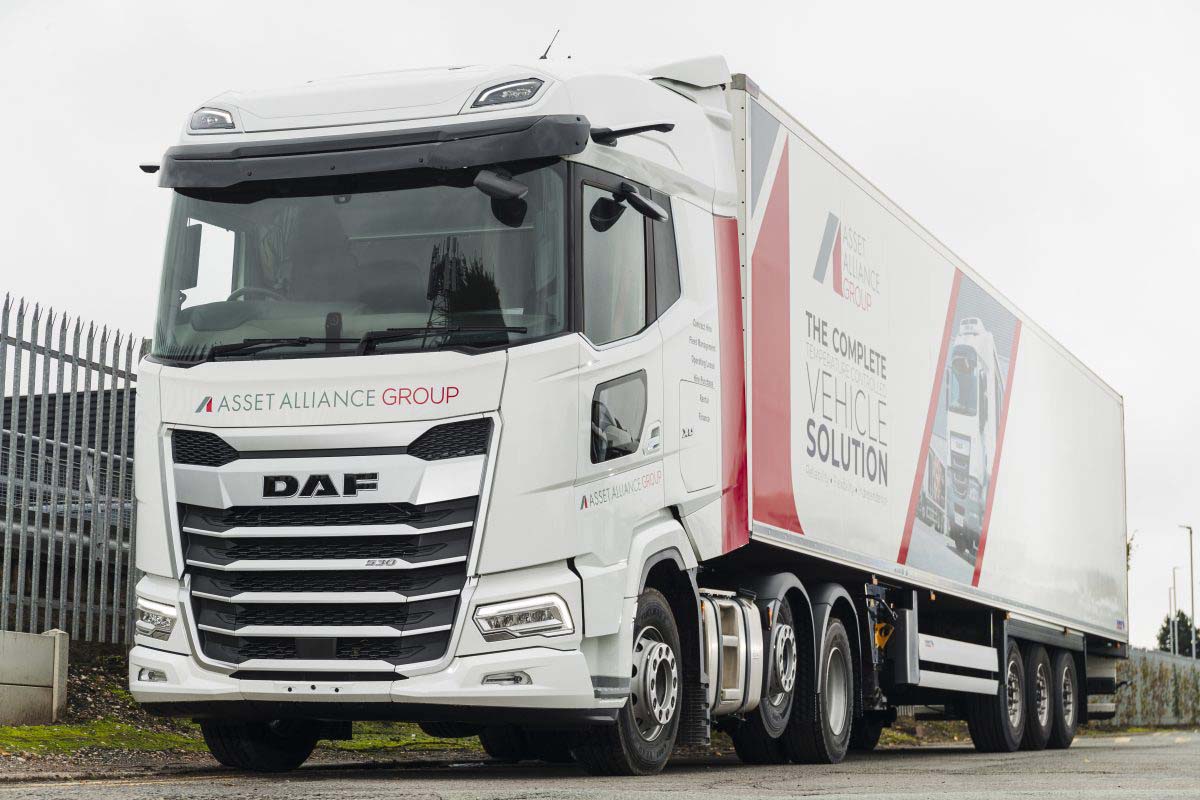

Today’s vehicle production figures, down by a third, are a timely reminder of the multifarious challenges our sector faces. The impact of last month’s unprecedented cyber attack on the UK’s biggest automotive employer was, patently, stark – and while output is recovering after enormous efforts, the supply chain remains under strain. The incident has compounded the pressure already felt from fierce global competition and trading uncertainty, so it is even more urgent that we build the right environment for long-term competitiveness and growth.
Manufacturers and suppliers are striving to deliver that growth – notably with substantial investment to increase electrified vehicle output to nearly half of all cars leaving factory lines. New roadblocks, however, risk heaping yet further cost onto the sector and, whilst many originate from abroad, some are homegrown. Government’s proposal to end Employee Car Ownership Schemes (ECOS), for instance, is a measure that would make company cars unaffordable for as many as 60,000 automotive workers and, with the loss of 80,000 new – increasingly zero emission – car sales annually, it would hamstring the new and nearly-new car markets.
The knock-on effects for UK manufacturing would be significant, cutting off manufacturing workers from essential, affordable and reliable personal transport and effectively docking their wages; reducing output by 20,000 units at an annual cost of £1 billion; and worse still, putting 5,000 manufacturing jobs on the line. Perhaps even more incomprehensible, just as government needs to raise revenues and double down on growth, ending ECOS invites the loss half a billion pounds a year from discarded VAT and VED receipts. That this is entirely the wrong measure at entirely the wrong time.
UK Automotive remains committed to delivering shared growth and, indeed, decarbonisation ambitions – but to do that we need whole-government alignment to the Industrial Strategy. The strategy was published only in June and, among other KPIs, aims to restore the country to a 1.3-million-vehicle production hub by 2035. The Chancellor can support this, starting with a reversal of measures to end ECOS and, instead, using the levers at her disposal to support manufacturing growth – reducing the UK’s uncompetitively high energy costs, enhancing EV infrastructure, supporting supply chain resilience, and facilitating a newly skilled workforce across the country.
With one critical decade to futureproof our manufacturing, workforce and economy for generations to come, we must start on the front foot, not stumble at the first hurdle.
SMMT Update
Sign up to the SMMT Update Newsletter for weekly automotive news and data
"*" indicates required fields

